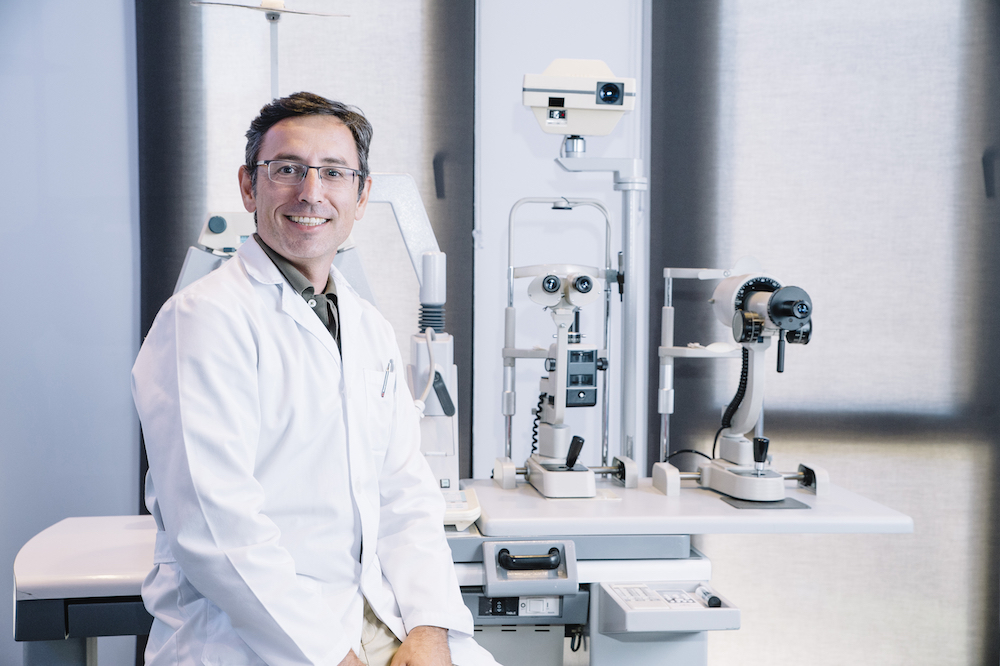
When was the last time you had a comprehensive eye exam? Experts recommend that everyone have at least one comprehensive eye exam every two years, or more frequently if they have been diagnosed with an eye disease such as cataracts or macular degeneration. Contrary to what many people believe, comprehensive eye exams are slightly different than a standard eye exam. Here’s what you need to know about them and why they are important.
Why Are Comprehensive Eye Exams Important?
Comprehensive eye exams look at the health of your eyes as well as the quality of your vision. This is important since our eyes can be affected by other health problems too. A comprehensive eye exam looks for issues that are more serious than nearsightedness or farsightedness. To do this, your eye doctor will perform a number of different tests, including:
Visual acuity testing (as is performed in a regular eye exam)
Visual field testing to determine if you have blind spots or issues with your peripheral vision
Cover test, which looks at how your eyes perform together
Slit lamp exam, to detect common eye diseases and examine the structure of your eye
Glaucoma testing, known as tonometry
Dilated pupil test, so that your eye doctor can look through the eyes to examine the optic nerve, retina, and blood vessels, and check for problems like glaucoma and diabetic retinopathy
The Long-Term Value Of Comprehensive Eye Exams
Comprehensive eye exams don’t only ensure that your eyes are healthy now, but they also have long-term value. This value is found in the preventative aspect of this type of ocular care.
When you attend regular comprehensive eye exams, it gives your eye doctor the opportunity to evaluate the health and condition of your eyes. Since part of their training involves understanding the earliest signs of eye diseases, this means that they will be able to accurately spot any developing issues promptly, often before they begin to affect your vision.
This is important since many eye diseases do not cause symptoms right away and instead, signs of an issue don’t occur until significant damage has already occurred. By closely monitoring the health of your eyes, immediate action can be taken to prevent or treat eye diseases before they compromise your vision. This is particularly valuable since some eye diseases can cause permanent, irreversible vision loss. Examples include glaucoma and even eye cancer.
And in addition to protecting the long-term health of your eyes and your future vision, regular comprehensive eye exams could help to limit the costs you could incur in the future. Many treatments for eye diseases require ongoing and potentially expensive treatment, so preventative care can save you a great deal of future stress and money.
You may also be surprised to learn that comprehensive eye exams can even be used to detect general health conditions, such as diabetes, high blood pressure, and even high cholesterol. This is because many health conditions cause changes to the eyes before they cause noticeable symptoms that trigger a visit to your family doctor.
If you would like more information about what is involved in a comprehensive eye exam, or to schedule an appointment with our team, please call Lakhani Vision Care in Marietta, Georgia at 770.509.9932 today.











